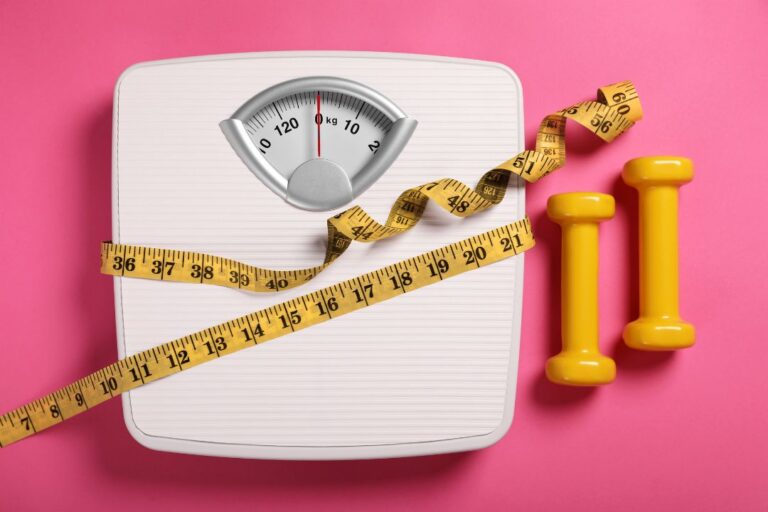Recuperbate: A Revolutionary Approach to Health and Wellness
What is Recuperbate?
The term “Recuperbate” might not be one you’ve come across before, but it represents an essential concept in maintaining overall well-being: recuperation. Recuperbate is all about restoring balance to your body and mind, helping you bounce back from physical or mental strain. It encompasses recovery techniques, practices, and philosophies that encourage rest, recovery, and rejuvenation. But what exactly does it involve, and why is it so important for you?
Understanding Recuperation
When we think about recuperation, we usually think of getting back to a state of balance after illness, injury, or mental fatigue. It’s not just about resting; it’s a holistic process aimed at repairing and renewing your energy. But recuperation doesn’t look the same for everyone—it can vary based on personal health needs, goals, and lifestyle.
The Importance of Recovery
Why is recuperation so important? Without proper recovery, our bodies and minds can suffer. Overworking, emotional stress, or neglecting rest can lead to burnout, physical injury, or mental exhaustion. Recuperbate seeks to prevent these long-term effects by encouraging regular breaks, relaxation, and mindful recovery. Think of it as giving your system the time it needs to “recharge.”
Physical Recuperation
Physical recuperation is essential to maintaining bodily health. Whether you’ve recently run a marathon, had a strenuous workout, or simply feel the wear and tear of a busy life, giving your muscles and joints the time to heal is crucial. This can include practices like stretching, gentle movement, and, of course, sleep. Recovery aids like massages or physiotherapy might also help, depending on the severity of the strain.
Mental Recuperation
Equally important is mental recuperation. Stress, anxiety, and constant work pressures can weigh heavily on the mind. Mental recuperation may involve mindfulness exercises, deep breathing, or engaging in hobbies that allow you to unwind. Disconnecting from daily tasks and letting your mind refresh is just as crucial as physical rest.
The Benefits of Recuperbate
The idea behind recuperbate is simple: when we rest and recover, we come back stronger. This process helps our body and mind function optimally. By committing to recuperation, we can experience a range of benefits that affect both our physical and mental health.
Restoring Energy
One of the most immediate benefits of recuperbate is the restoration of energy. Think about how a phone needs to recharge to keep working—our bodies are no different. Recuperating helps replenish energy stores so that we can take on new tasks with vigor. That surge of energy you feel after a good night’s rest or an afternoon of relaxation? That’s your body and mind thanking you for taking the time to recuperate.
Reducing Stress
Stress is a killer—both physically and mentally. Recuperation reduces the harmful effects of stress by calming the body’s nervous system. Relaxation techniques, such as meditation or deep breathing, help bring the body back to a state of calm. In a world filled with constant demands and responsibilities, taking the time for recuperbate is one of the best ways to keep stress at bay.
The Role of Sleep
Sleep is one of the most powerful tools in recuperation. Not only does it give our bodies a chance to rest, but it’s also the time when our muscles heal, and our minds consolidate memories and refresh. Proper sleep hygiene is essential to ensure your recuperation process works at its best. Setting a sleep routine and ensuring your environment is conducive to restful sleep can help speed up recovery.
Improving Mental Clarity
When you’re constantly on the go, mental clarity can suffer. Over time, mental exhaustion leads to fogginess, forgetfulness, and difficulty concentrating. Recuperbate can help clear the mental fog by giving your brain the downtime it needs. Whether it’s through rest, relaxation, or just a break from the hustle, mental recuperation will improve focus and productivity when it’s needed most.
How to Use Recuperbate
Incorporating recuperbate into your daily routine doesn’t have to be complicated. You don’t need to set aside hours of time for recovery practices. Simple lifestyle changes can have a big impact on your recuperation process.
Incorporating Recuperbate into Daily Routine
To make recuperation a regular part of your life, start small. Allocate time each day to rest and recharge. This can mean a 10-minute break during work to stretch, a 20-minute walk to clear your mind, or simply prioritizing sleep. Don’t overwhelm yourself with trying to do everything at once; consistency is key.
Tools and Techniques for Effective Recuperation
There are a variety of tools and techniques available to enhance the recuperation process. Devices like foam rollers or massage tools can assist with physical recovery. Mental recuperation might benefit from apps that guide you through relaxation techniques or mindfulness practices. Additionally, some people find journaling or reading helps to reset their minds.
Challenges During Recuperation
Despite its importance, recuperation can be challenging. Life’s demands often make it difficult to slow down. But remember, recovery isn’t just a luxury—it’s necessary. If you don’t take care of yourself, you can’t be at your best for others.
Staying Consistent
The biggest hurdle people face during recuperation is consistency. It’s easy to skip breaks or try to push through when you’re feeling overwhelmed. However, consistency is critical. Even on the busiest days, taking small breaks can add up and lead to long-term benefits.
Overcoming Mental Hurdles
Sometimes, the hardest part of recuperation is convincing your mind to rest. You might feel guilty for taking a break or feel pressure to stay productive. However, understanding that recuperation is an essential part of being productive will help you push through these mental barriers.
Final Thoughts
Recuperbate is an essential practice for maintaining overall health and well-being. Whether you’re recovering from physical exhaustion or mental burnout, the key to success is balance. By dedicating time to recovery, you’ll experience increased energy, less stress, and better mental clarity. It’s not about working harder, but about working smarter and allowing your body and mind the time they need to rejuvenate.
Frequently Asked Questions
How often should I take time for recuperation? It depends on your activity levels and stress levels, but try to incorporate some form of recuperation into your daily routine.
Can recuperation techniques help with sleep disorders? Yes, practices like relaxation and mindfulness can significantly improve sleep quality.
What are some quick ways to recuperate during a busy workday? Try short breaks for stretching or a quick walk to refresh your mind and body.
How can I manage stress while recovering physically? Meditation, deep breathing, and regular sleep can help manage stress while you recuperate physically.
Can recuperation improve mental clarity? Absolutely! Taking the time to rest and recharge will improve mental focus and clarity.







